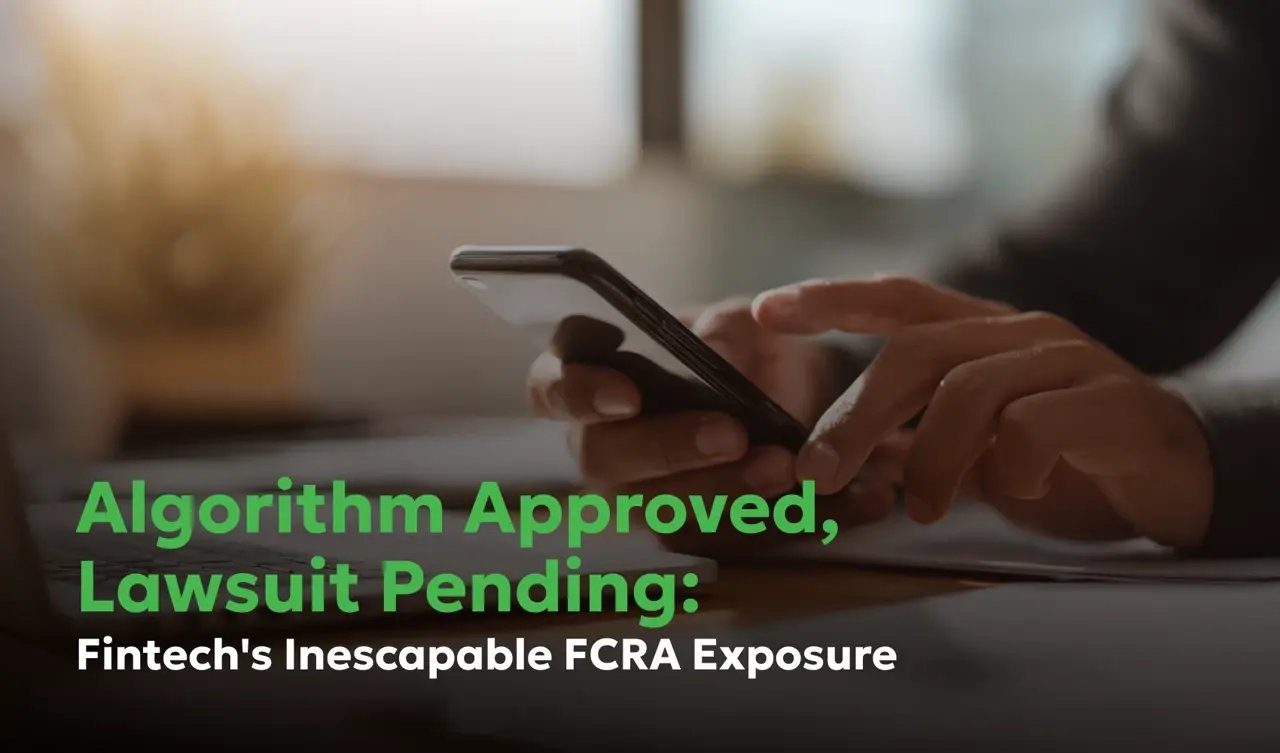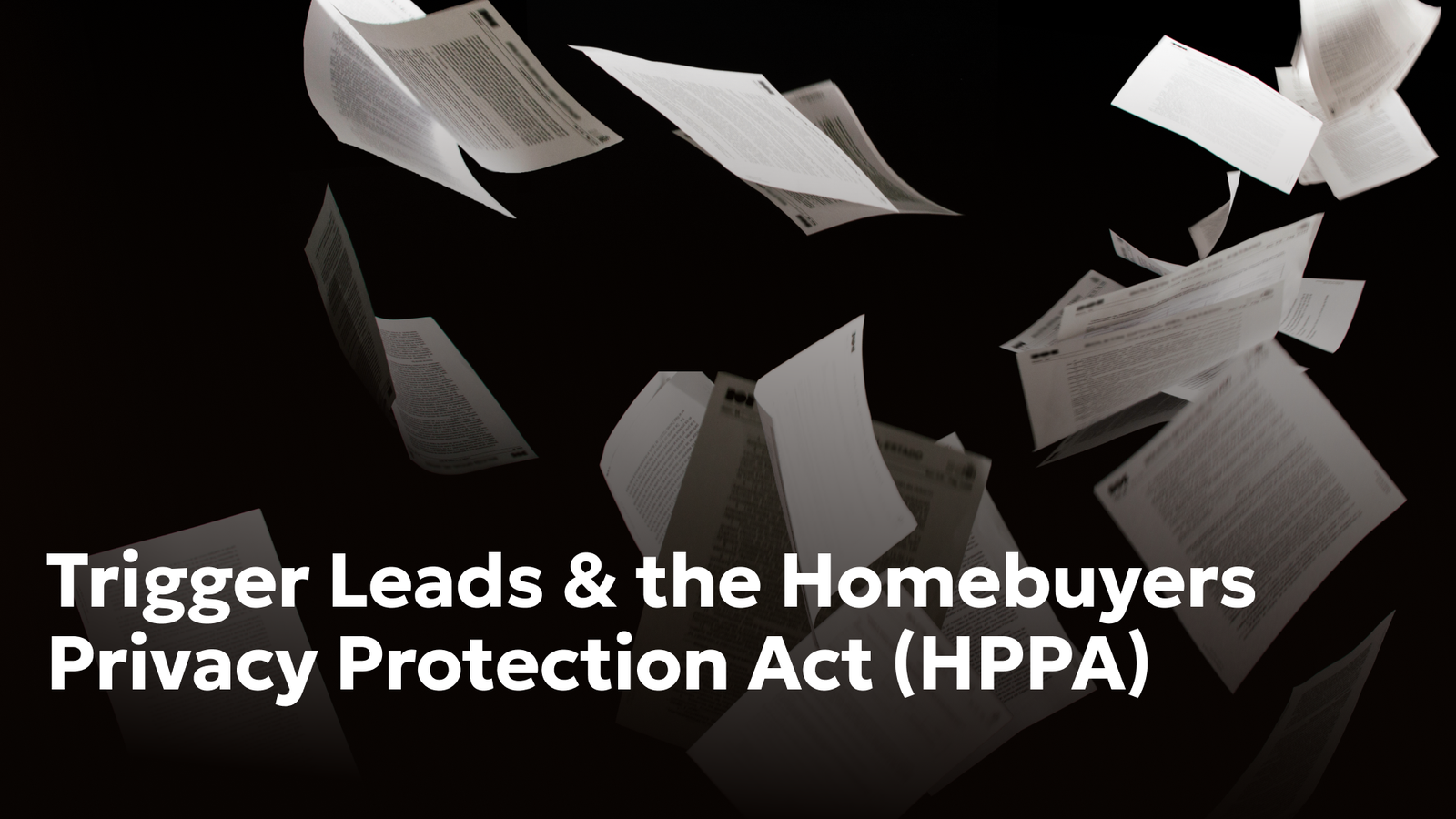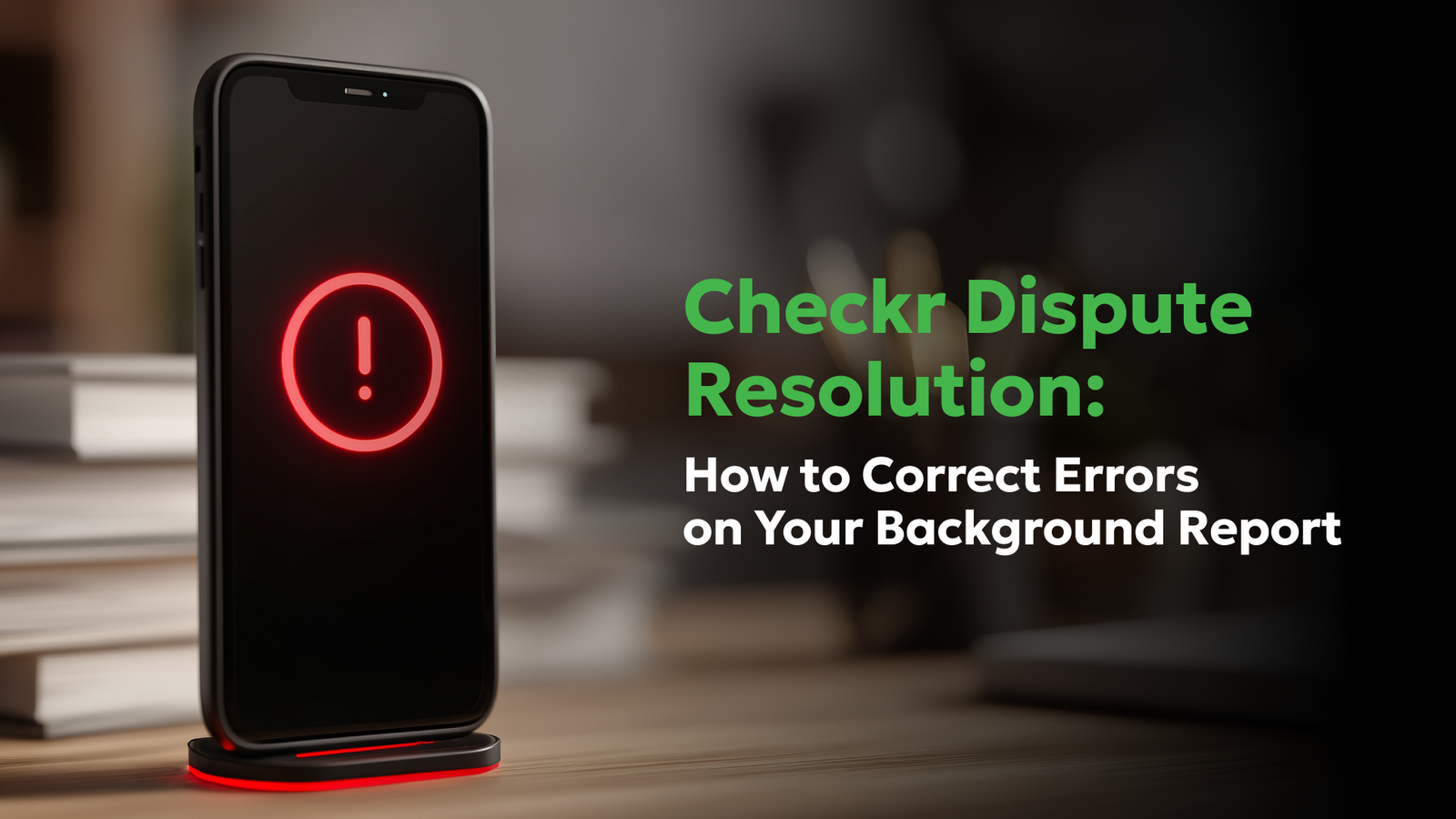How to Remove a Repossession from Your Credit Report
- Blog
- All about FCRA
How to Remove a Repossession from Your Credit Report

A repossession history on your credit report can be devastating. Here's everything you need to know and what to do next.
A repossession can severely impact your credit score and financial health. Learn if you can get a repo off your credit report. Understand your rights, dispute inaccuracies, and negotiate with creditors. Discover how Consumer Attorneys can assist in disputing errors in your DISA report and help you regain control of your credit profile.
Dealing with a repossession can be overwhelming and significantly impact your financial well-being. Additionally, the repossession itself can lead to increased financial instability and stress. Borrowers must know their rights and options if they face this situation. By understanding the implications and taking proactive steps, you can better manage your finances and work towards avoiding repossession.
At the outset, if a repossession appears on your credit report legitimately and accurately, you can’t remove it. The Fair Credit Reporting Act (FCRA) requires accuracy in credit reporting and does not allow for the removal of accurate information. A legitimate repo will appear on your credit report for about seven years. What you can do, however, is minimize its impact. If the repossession is inaccurate, false, or unreportable (because the date falls outside the reporting period), you can dispute and remove it. The credit report attorneys at Consumer Attorneys can help you dispute any and all inaccurate items on your credit report - including a false, old, or inaccurate repossession.
If you're facing repossession, understanding the process and knowing how to remove a repossession from your credit report is crucial. This article will guide you through repossession, how it affects your credit report, and practical steps to dispute and, if that dispute is successful, remove it.
Repossession Defined
Repossession is a legal process where a lender reclaims an item used as collateral for a loan because the borrower has defaulted on payments. Collateral is an asset that a borrower offers to a lender as security for a loan, and it can include items like vehicles, property, or other valuable goods. If the borrower fails to make the agreed-upon payments, the lender can take back the collateral to recover the unpaid debt. This process is distressing for the borrower and has significant and long-lasting impacts on their credit report. These impacts include drastically lowering the borrower’s credit score and challenging obtaining future loans, credit cards, or even housing.
Things that Can Be Repossessed
Various items can be repossessed, including:
- Vehicles. Cars, motorcycles, boats, and other vehicles are the most common repossessed items.
- Real Estate. Sometimes, lenders can repossess properties and homes if the borrower does not pay the mortgage.
- Electronics and Appliances. Items bought through a rent-to-own agreement can be repossessed if payments are missed.
Reasons These Things Can Be Repossessed
Repossession typically occurs when the borrower fails to make payments as agreed in the contract. This failure gives the lender the right to take back the collateral to recover their loss. Common reasons for repossession include:
- Missed payments. Failing to make scheduled payments.
- Insurance lapses. If you don’t have or maintain the required insurance on a financed item that needs to be insured (like a car) the lender can repossess it.
- Violation of loan terms. If you breach any terms of the loan agreement, the lender may be able to repossess the item.
Who Can Repossess Things
Entities that can repossess items include:
- Lenders. Banks, credit unions, and finance companies.
- Dealerships. Car dealerships offering in-house financing.
- Rent-to-Own companies. Companies that lease items with the option to purchase.
Avoiding Repossession
Avoiding repossession requires proactive steps and open communication with your lender. Here are key strategies to help you stay on track and protect your assets:
| Strategy | Description |
|---|---|
| Understand Your Loan Terms | Familiarize yourself with the terms of your loan agreement, including payment deadlines, grace periods, and the consequences of missed payments. |
| Budget Wisely | Create a detailed budget that prioritizes your loan payments. Allocate sufficient funds each month to cover your loan obligations. |
| Automate Payments | Set up automatic payments to ensure that you never miss a due date. This can help prevent accidental late payments and the risk of repossession. |
| Communicate with Your Lender | If you anticipate financial difficulties, contact your lender immediately. Many lenders are willing to work with borrowers to modify payment plans, offer forbearance, or provide temporary relief. |
| Seek Financial Counseling | If you’re struggling to manage your finances, consider seeking help from a financial counselor. They can provide personalized advice and strategies to help you stay current on your loan. |
| Refinance or Consolidate Loans | Explore options to refinance or consolidate your loans at a lower interest rate. This can reduce your monthly payments and make it easier to manage your debt. |
By taking these steps, you can reduce the risk of repossession and maintain control over your financial health.
Repossession on Your Credit Report
Assuming it’s accurate, repossession significantly impacts your credit report and financial health. If the repossession is not accurate, contact Consumer Attorneys. We will identify the source of the inaccuracy, dispute it, follow up on the dispute, and, if necessary, take legal action to protect your rights.
How Long It Stays on There
A repossession stays on your credit report for seven years from the date of the first missed payment that led to the repossession. This negative mark can lower your credit score and affect your ability to get new credit.
How the Credit Report Is Affected
A repossession can cause:
- Significant credit score drop. Your credit score can drop by 100 points or more.
- Negative item. It appears as a derogatory mark on your credit report.
- Reduced creditworthiness. Lenders may see you as a higher risk, making it harder to get loans or credit cards.
Who Sees It
Anyone who checks your credit report can see the repossession, including:
- Potential lenders. When you apply for a loan or credit card.
- Landlords. When you apply for a rental property.
- Employers. Some employers check credit reports as part of their hiring process.
Disputing a Repossession
If you believe the repossession on your credit report is incorrect or unfair, you can dispute it.
Steps to Dispute a Repossession
- Get your credit reports. Obtain a copy of your credit report from each of the three major consumer reporting agencies (CRAs): Equifax, Experian, and TransUnion.
- Review the report. Check the details of the repossession entry for any inaccuracies.
- Gather evidence. Collect documents that support your case, such as payment records, correspondence with the lender, or the original loan agreement.
- Contact Consumer Attorneys. This is what we do. We negotiate with, file lawsuits against, argue with, settle with, and work with consumer reporting agencies daily. We have a team of lawyers who are eager to help you.
- File a dispute. Contact the CRAs to dispute the repossession. You can do this online, by mail, or by phone. Work with Consumer Attorneys; we’ll do it via certified U.S. mail to preserve your rights. Include your evidence and a letter explaining why the entry is incorrect.
- Follow-Up. The CRAs have 30 days to investigate and respond. If the repossession is found to be inaccurate, it will be removed or corrected.
The Importance of Legal Help
Navigating the complexities of credit report disputes and dealing with repossession can be challenging. Here’s why seeking legal help can be beneficial:
- Guidance. A credit report attorney or consumer law attorney can provide expert advice tailored to your situation.
- Negotiation skills. Attorneys can negotiate with creditors on your behalf to remove the repossession.
- Legal representation. If your dispute goes to court, an attorney can represent you and fight for your rights.
- Thorough review. Legal professionals can meticulously review your credit report and identify errors or violations of the Fair Credit Reporting Act (FCRA).
Repossession can severely impact your credit report, but there are steps you can take to address it. Proactive measures can help you mitigate the damage from negotiating with lenders to disputing inaccuracies. Seeking assistance from consumer law attorneys or a credit report attorney can significantly increase your chances of successfully removing a repossession from your credit report. Remember, understanding your rights and taking informed actions are key to maintaining and improving your financial health. If you're wondering how to get a repo off your credit or how to remove a repossession from your credit report, don’t hesitate to seek professional help to guide you through the process.
Frequently Asked Questions
Yes, your credit can recover from a repossession, but it takes time and effort. Repossession negatively impacts your credit score, often causing a significant drop. However, you can gradually rebuild your credit by consistently paying your bills on time, reducing your debt, and monitoring your credit report for errors. Credit-building tools like secured credit cards or small loans are also beneficial in demonstrating responsible credit use. Additionally, keeping your credit utilization low and ensuring a mix of credit types can further aid in recovery. Patience and responsible financial behavior are key to rebuilding your credit after a repossession, helping you regain financial stability over time.
A repossession can lower your credit score by 100 points or more. This will significantly impact your financial standing and well-being. The exact impact depends on your overall credit history and current score, with those having higher credit scores likely experiencing a larger drop. The repossession will remain on your credit report for seven years, serving as a persistent reminder of the default. However, if you maintain good credit habits, its negative effect on your score will lessen over time. Consistently paying your bills on time, reducing outstanding debts, and avoiding new negative entries are crucial steps in gradually rebuilding your credit and mitigating the long-term impact of a repossession.
Building credit after a repossession can be challenging, but it’s possible with disciplined financial behavior. Start by ensuring all your payments are on time, which is crucial for rebuilding trust with creditors. Paying down existing debts to reduce your overall debt load is also essential. Using a secured credit card responsibly can help rebuild credit, as these cards report to credit bureaus. Regularly checking your credit report and addressing errors can improve your score. It’s important to be patient and consistent in your efforts. With time and responsible financial habits, your credit can gradually improve, allowing you to regain financial stability.


Daniel Cohen is the Founder of Consumer Attorneys. Daniel manages the firm’s branding, marketing, client intake and business development efforts. Since 2017, he is a member of the National Association of Consumer Advocates and the National Consumer Law Center. Mr. Cohen is a nationally-recognized practitioner of consumer protection law. He has a we... Read more
Related Articles




R
ONGS™You pay nothing. The law makes them pay.







